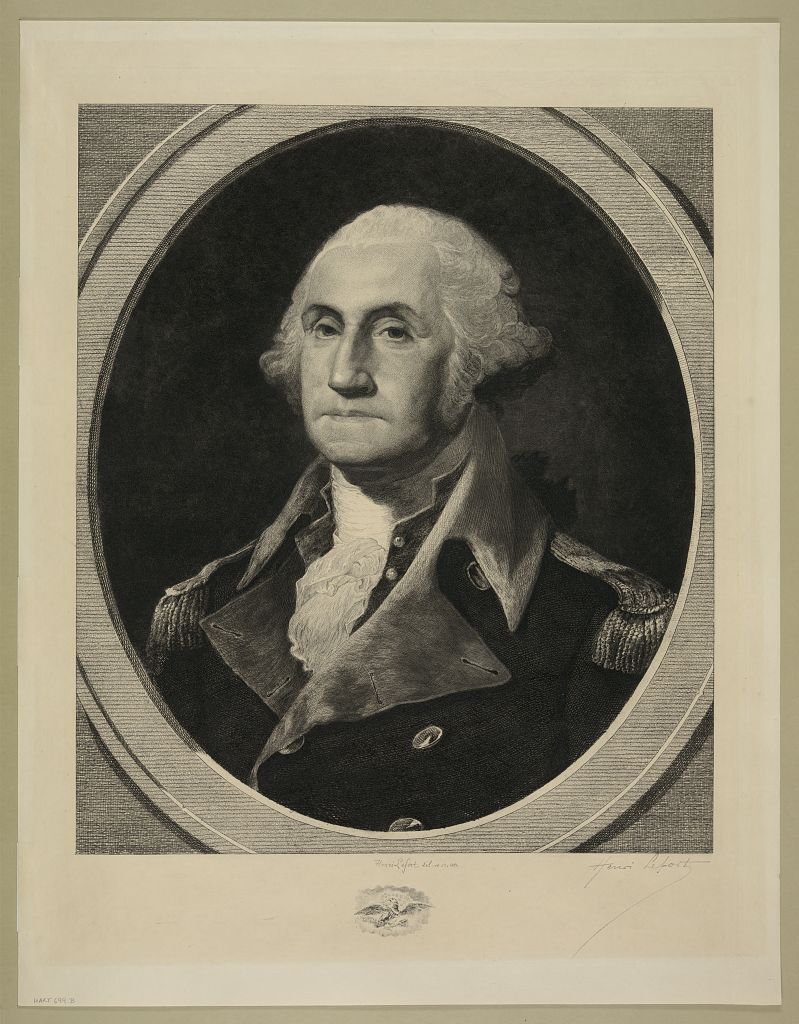
Politics has always been a contentious topic, but imagine living in a time when political parties didn’t even exist. In his famous farewell address, George Washington warned against the dangers of political parties and their potential to divide the nation. With today’s polarized climate, it’s worth examining Washington’s prophetic words and considering whether or not we should heed his warning.
Overview of George Washington’s Farewell Address
George Washington’s Farewell Address is one of the most important documents in American history. In it, Washington warned against the dangers of partisanship and factionalism, and urged Americans to unite behind the principles of republicanism. The Address was a direct response to the divisive politics of the early republic, and its message is as relevant today as it was over 200 years ago.
The Warning Against Political Parties
Washington’s warning against parties was based on his experience as President. During his administration, there were already signs of partisanship emerging, with Federalists and Anti-Federalists taking opposing positions on key issues. Washington feared that if these factions continued to grow, they would eventually tear the country apart.
Today, political parties are an integral part of American politics. While they can sometimes be divisive, they also provide a way for people with different views to come together and work towards common goals.
The Causes and Effects of Political Parties
In his Farewell Address, George Washington warned against the dangers of partisanship and the rise of political parties. He argued that political parties would lead to division and factionalism, which would ultimately undermine democracy. While Washington’s predictions may have been exaggerated, there is no denying that partisanship and political parties have had a profound impact on American politics.
Partisanship refers to the tendency of people to support one party or another. Political parties are organizations that seek to elect candidates who share their party’s values and ideology. In the United States, there are two major political parties: the Democratic Party and the Republican Party. These parties have different views on a wide range of issues, from taxes to healthcare to foreign policy.
The rise of partisanship and political parties has led to increased polarization in American politics. This means that people are more likely to vote along party lines and support their party’s positions on issues, even if they personally disagree with them. This can make it difficult for people of different political persuasions to find common ground and work together on shared goals.
While partisanship and political polarization can have negative effects, they also serve an important purpose in our democracy. Partisan conflict can help ensure that all voices are heard and that policies are thoroughly debated before being enacted. Additionally, strong parties can provide structure and discipline in our government, helping to prevent chaotic governance.
George Washington’s Legacy
George Washington’s Farewell Address is a timeless document that speaks to the dangers of partisanship and the importance of national unity. Washington warned against the formation of political parties, which he saw as a threat to the Republic. His legacy is one of warning against the dangers of division and calling for Americans to come together for the common good.